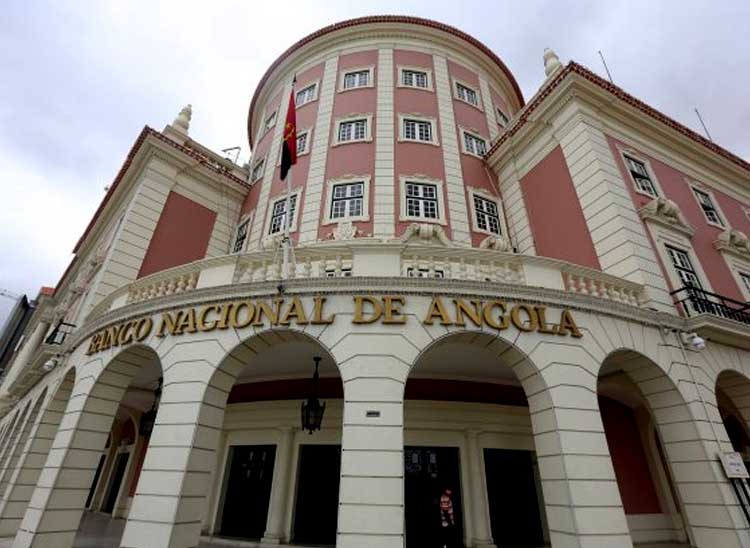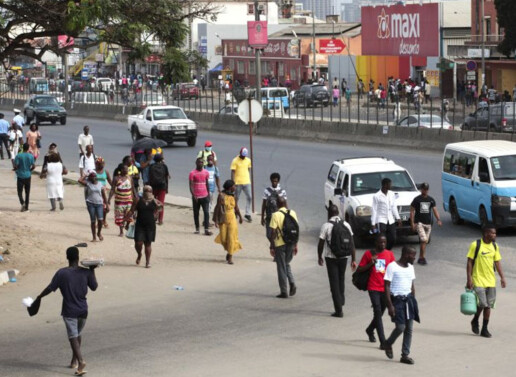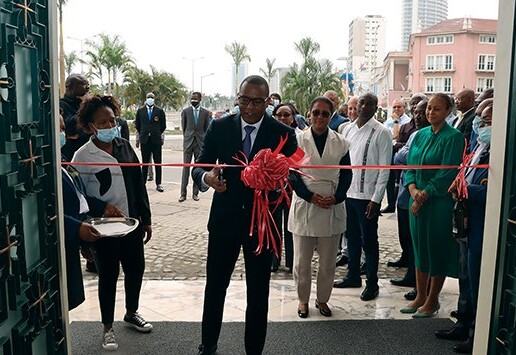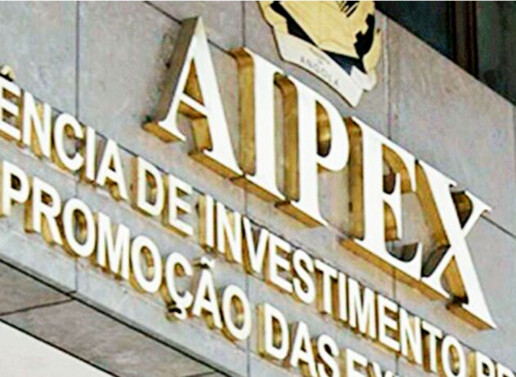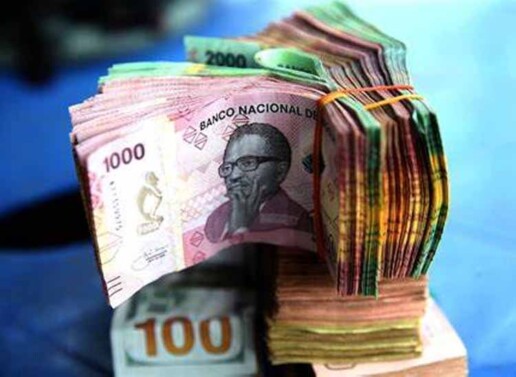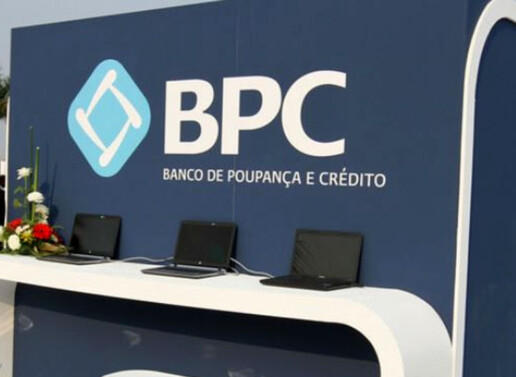The central bank has reduced the interest rate on the marginal lending facility from 25% to 23%, says a directive published today in line with the decisions of the last Monetary Policy Committee meeting.
The marginal lending facility is the operation whereby commercial operators have recourse to the central bank to obtain credit to finance their activities.
According to directive nº07/DME/2022, the basic interest rate of the Angola Reserve Bank, Banco Nacional de Angola (BNA) is set at 20% per year, the interest rate on the permanent liquidity absorption facility is set at 15% per year, and the interest rate on the marginal lending facility (FCO) is set at 23% per year.
The adjustment of the liquidity provision rate for commercial banks, associated to the reduction of the reserve requirement coefficient, will contribute to the reduction of financial intermediation costs, without, however, altering the downward trend of inflation that has been observed since the beginning of the year, according to the Monetary Policy Committee.
In another directive, the BNA sets a period of one week for the constitution of the tax base for the calculation of obligatory reserves in national and foreign currency.
The document stresses that the coefficient of obligatory reserves in national currency is 17%.
The directive defines the eligible and non-eligible balances for compliance with the obligatory reserves in national currency, as well as the obligatory reserve coefficient in foreign currency (22%).
The BNA has set at 100% the obligatory reserve coefficients to be applied on the daily balances of the accounts of the central government, local governments and municipal administrations in foreign currency.
As for the line of credit rights, it comprises 80% of the assets representing the value of credit disbursements in national currency in good standing, relating to projects in the agriculture, livestock, forestry and fisheries sectors granted until 14 April 2021, provided that they have a residual maturity of 24 months or more.
The actual deduction of claims from the compulsory reserves should only be made after validation by the Credit Monitoring Office (CAO) and for the purposes of total or partial deduction of credit rights, the banking financial institutions should send the information to the CAO, indicating the claims to be deducted from the compulsory reserves.
According to the BNA, the global economy continues to have a negative outlook, whilst the Angolan economy continues to benefit from high oil prices.
The balance of the goods account recorded an accumulated surplus of US$18.1 billion in the first half of 2022, an increase of 94% compared to the same period of 2021 (US$9.4 billion). This result reflects the 74.8% increase in the value of exports, higher than the 41.5% increase in imports.
The external sector projections for the second half of 2022 point to the maintenance of a surplus current account balance. This is influenced mainly by the prospects of favourable behaviour of oil prices on the international market, despite the risk of price increases for imported products.
International reserves, at the end of June, stood at US$14.3 billion, which represents coverage of about eight months of imports of goods and services.
The trend of growth of the national economy is expected to continue in the second half of 2022, despite recognising the existence of risks due to strong uncertainties and volatility in the international market, the BNA said.
The stock of credit to the private sector in national currency increased by 281 billion kwanzas (637 million euros) in the first half of 2022. This means, an 8% increase over the December 2021 stock, 80% of which is credit to the corporate sector.
On the other hand, inflation continues its deceleration.
In June, inflation continued its downward trend, standing at 23%, down from 27.6% in January and 25.8% in April.
This behaviour reflects the course of monetary policy, the appreciation of the kwanza against the US dollar and the stability of the supply of widely consumed essential goods.
Prices of most of the classes that make up the National Consumer Price Index (IPCN) have slowed down, especially food and non-alcoholic beverages, communications and hotels, cafes and restaurants.
The BNA expects an inflation rate of slightly below 18% in the current financial year, with the inflation target remaining around single digits in the medium term.
The next ordinary meeting of the BNA Monetary Policy Committee will be held on 16 September 2022.
“This funding from BAI will allow our company to leverage support for the Oil & Gas and Mining industry, maximising the continuity of oil exploration in Angola with the highest standard of safety and operational excellence of service. The helicopters acquired are among the most modern on the market, making BestFly a reference in the national and regional aviation industry,” said BestFly Company CEO, Nuno Pereira.
08/02/2022
